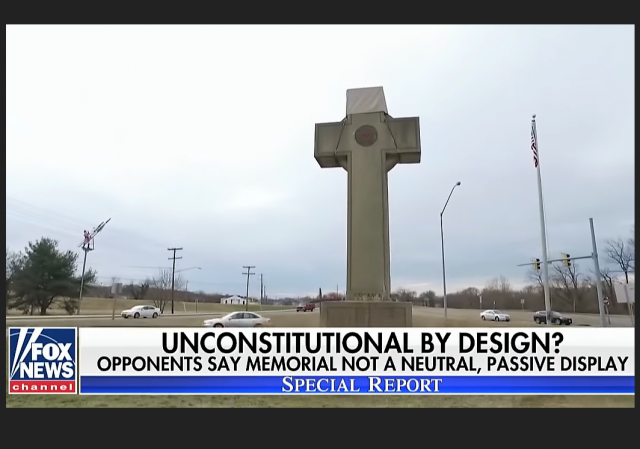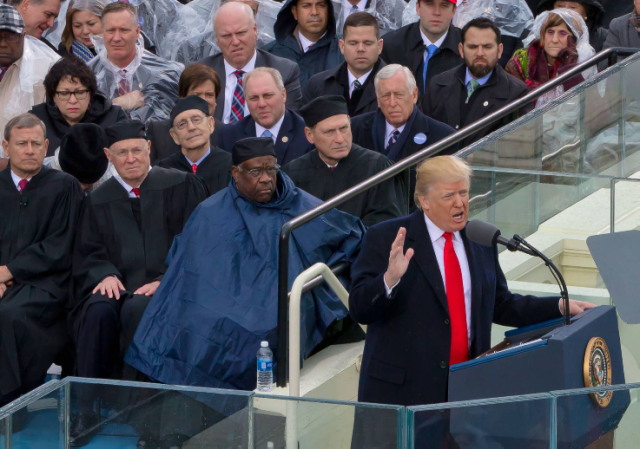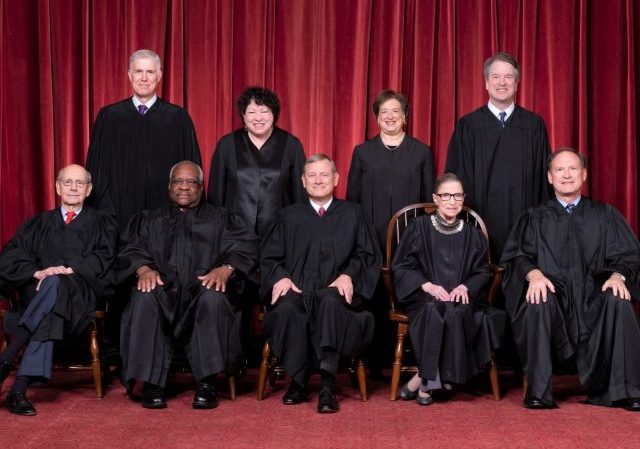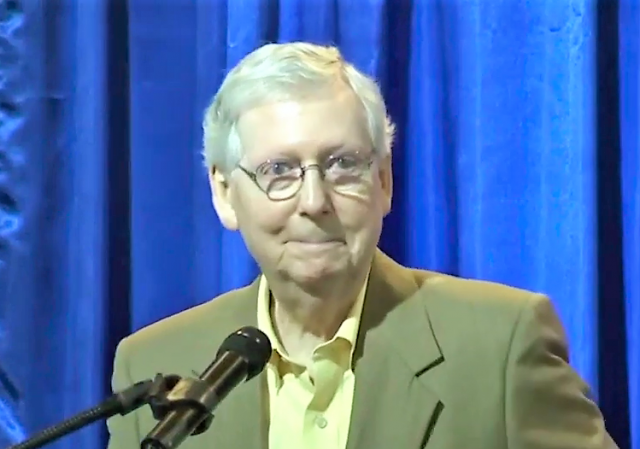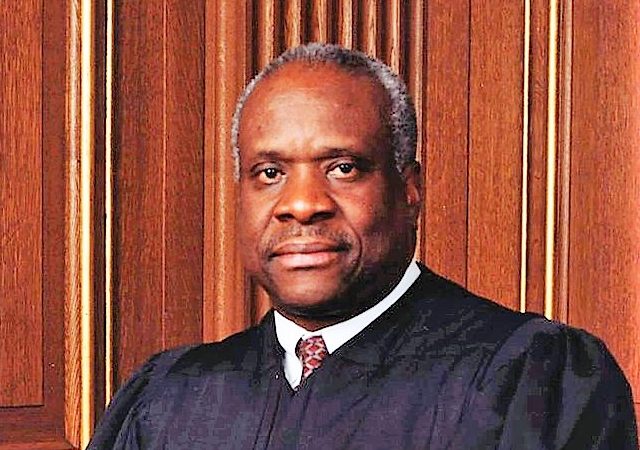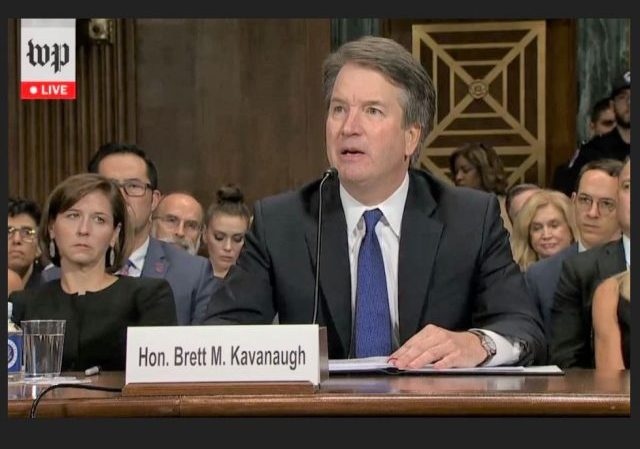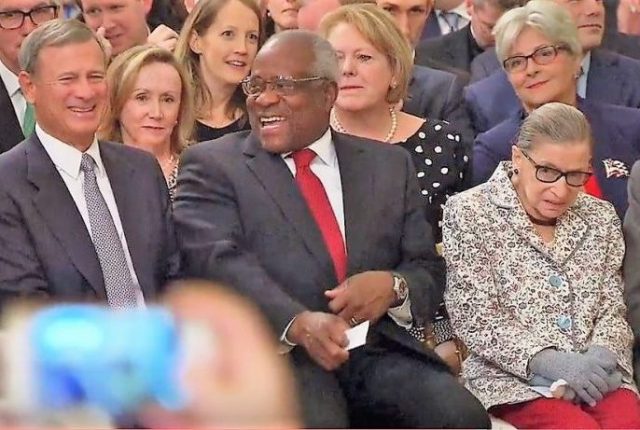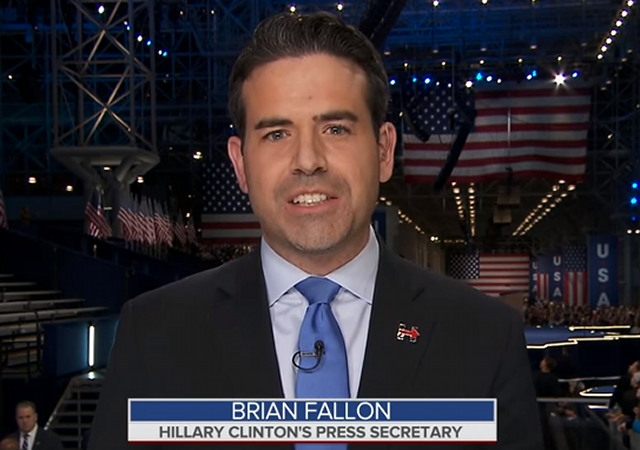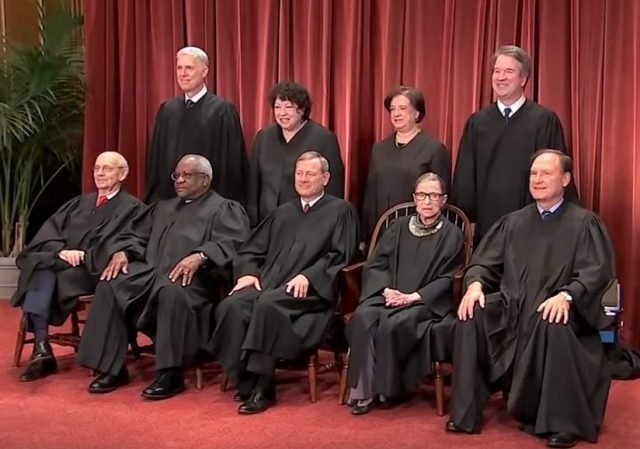The Trump administration scored a big win in the Supreme Court today in the case of
Nielsen v. Preap. Equally important, the court's focus on statutory language and interpretation bodes well for the Trump administration at such point as the litigation over Trump's Declaration of National Emergency makes its way to the Supreme Court.
The
Opinion is complicated, with multiple concurring opinions. But at a macro level, it split on the conservative-liberal line, with Chief Justice Roberts siding with the conservatives.

